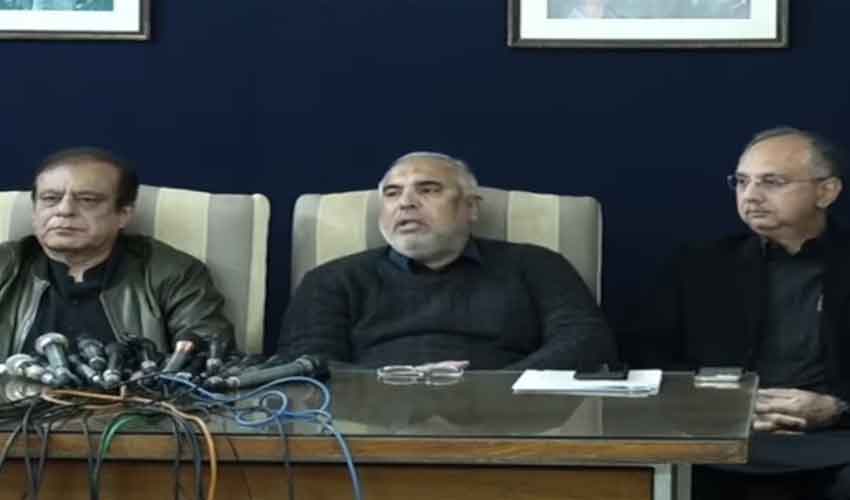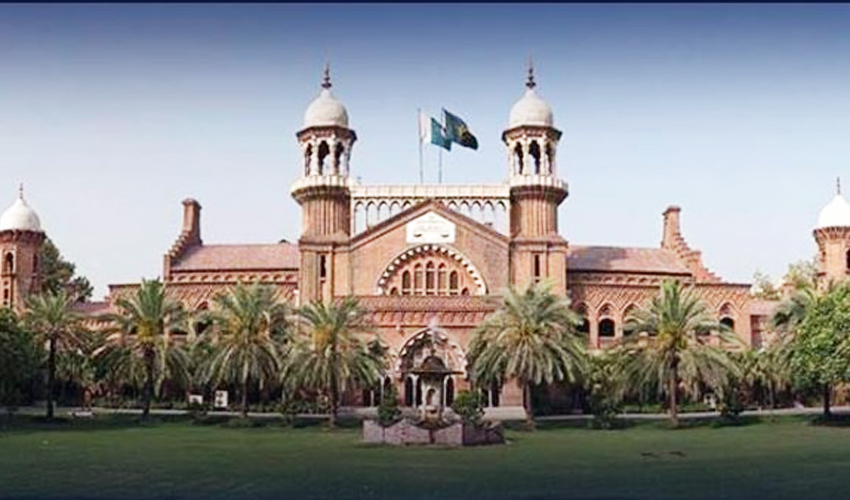The year 2024 marked a defining phase for Pakistan’s judiciary, marked by pivotal reforms, tense power dynamics, and significant constitutional changes. The disputes culminated in the passage of the historic 26th Constitutional Amendment, reshaping the judicial landscape of the country.
Elections amid judicial interventions
The year began under the then chief justice Qazi Faez Isa, whose tenure faced the monumental task of ensuring the conduct of stalled general elections. The Supreme Court, after intervening in late 2023, set February 8, 2024, as the election date. The judiciary’s proactive role ensured the implementation of this decision. Meanwhile, the decision on the PTI's intra-party election was also announced, which further triggered new conflicts between the judiciary and the administration.
PTI secures relief in reserved seats case
In one of the year's landmark rulings, the Supreme Court provided relief to the Pakistan Tehreek-e-Insaf (PTI) in the case of reserved seats. This decision came after a lengthy legal battle between the Sunni Ittehad Council and the Election Commission of Pakistan. The government took a clear position against this decision and from here the idea of a new constitutional amendment was generated.
26th Constitutional Amendment
In response to escalating tensions, the government initiated discussions for a constitutional amendment aimed at restructuring the judiciary. What began as proposals to extend judges’ tenure and establish a separate constitutional court evolved into the comprehensive 26th Constitutional Amendment.
Key provisions of the amendment included:
- Changes in chief justice appointment procedure: The selection process was restructured to ensure greater balance.
- Limiting high court powers: Specific restrictions were imposed on the jurisdiction of high courts.
- Formation of constitutional bench: A separate bench was established to oversee critical constitutional matters.
Justice Yahya Afridi, the third senior-most judge, became chief justice following the amendment. He vowed to uphold the principle of balance of powers and initiated various reforms, including in prison administration.
Mixed progress
While the judiciary took strides in clearing a backlog of cases, decisions like declaring the trial of Zulfikar Ali Bhutto as non-transparent and restoring parliament’s powers through NAB amendments reflected its efforts to address long-standing controversies.
However, the passage of the 26th Amendment sparked controversy, which remains to be resolved. Senior judge Justice Mansoor Ali Shah raised concerns through written letters to the CJP, highlighting lingering tensions within the judiciary.
Senior lawyer Riasat Ali Azad stated that the judiciary had been rendered completely ineffective. "We hope that the Supreme Court and the judges will stand against it."
Outlook for 2025
Legal experts anticipate that the battle over the 26th Amendment will dominate the judiciary's agenda in 2025. A constitutional bench has scheduled hearings on the amendment for the second week of January, setting the stage for another critical phase in Pakistan's legal history.
Mian Rauf Atta, the president of the Supreme Court Bar Association, told Samaa TV: The year 2024 has not been ideal for the judiciary. I see the coming time better with the arrival of the current chief justice. A constitutional bench has been formed, and in the light of which the bench has started its work, cases are being disposed of, the decisions of which were pending for a long time. So we hope for improvement."
As Pakistan moves into 2025, the question remains whether the judicial reforms of 2024 will stand the test of time or face reversal in the courts. The nation watches closely as the judiciary navigates these turbulent times.


























